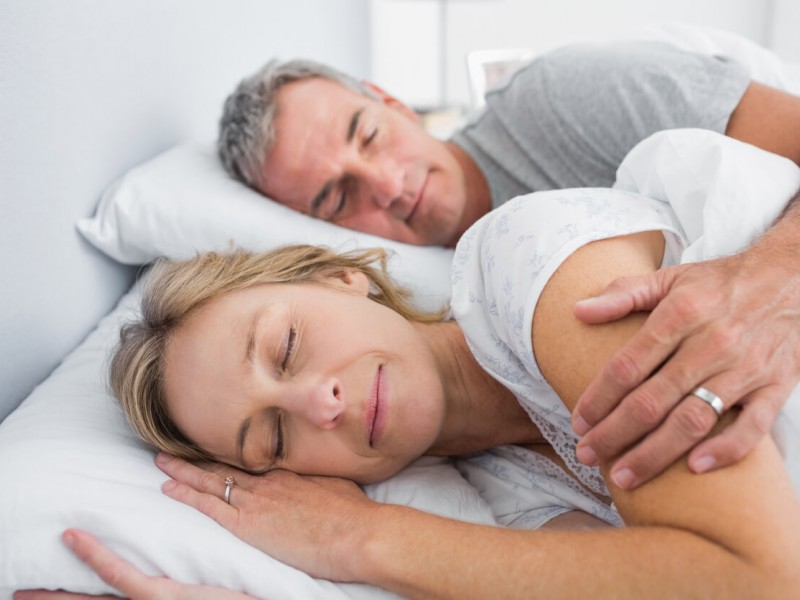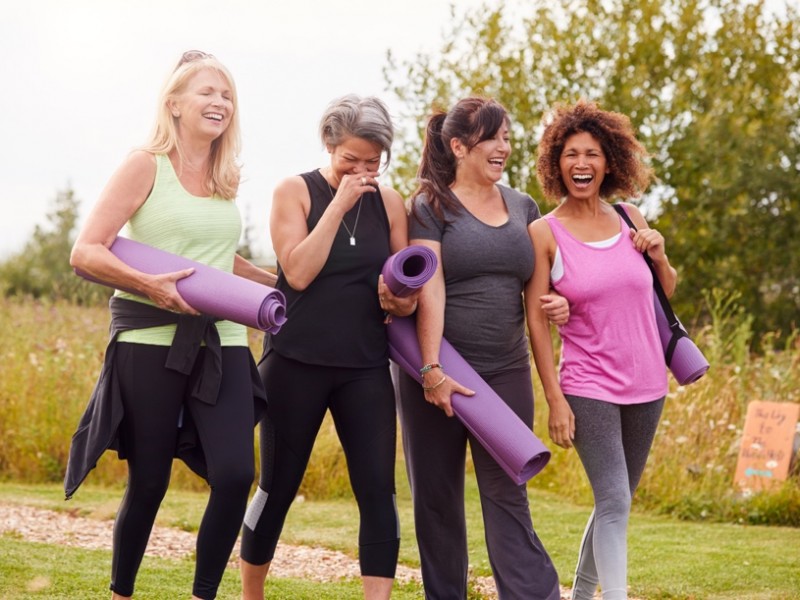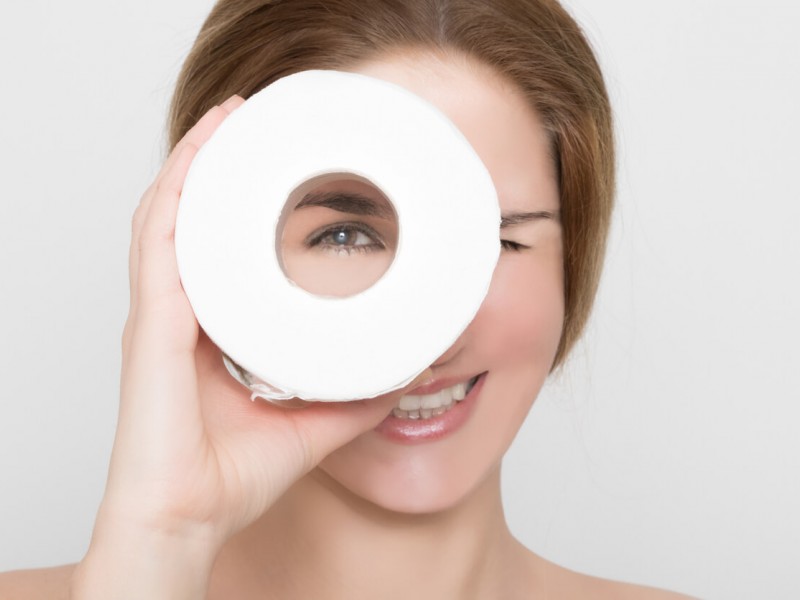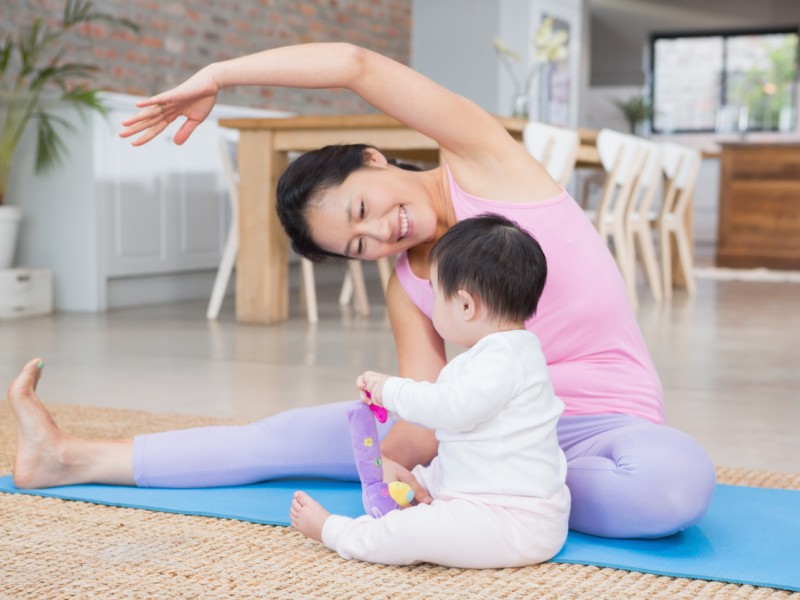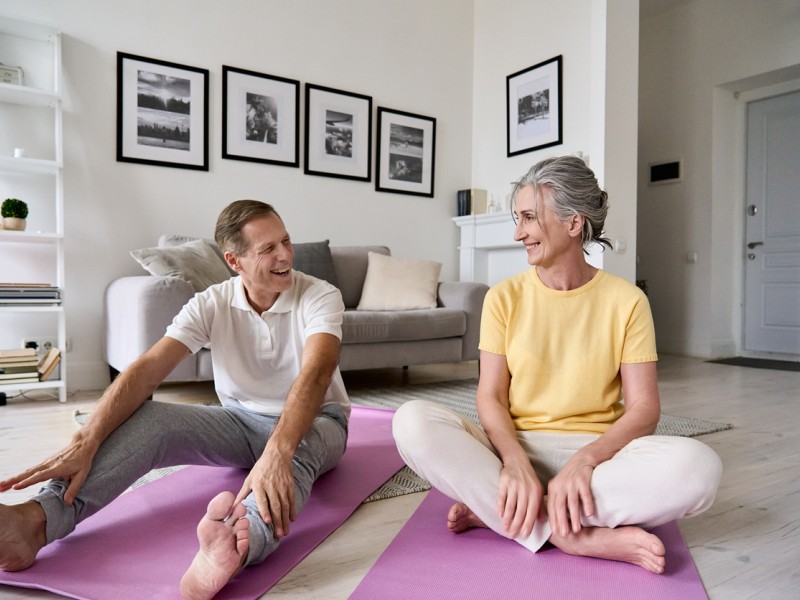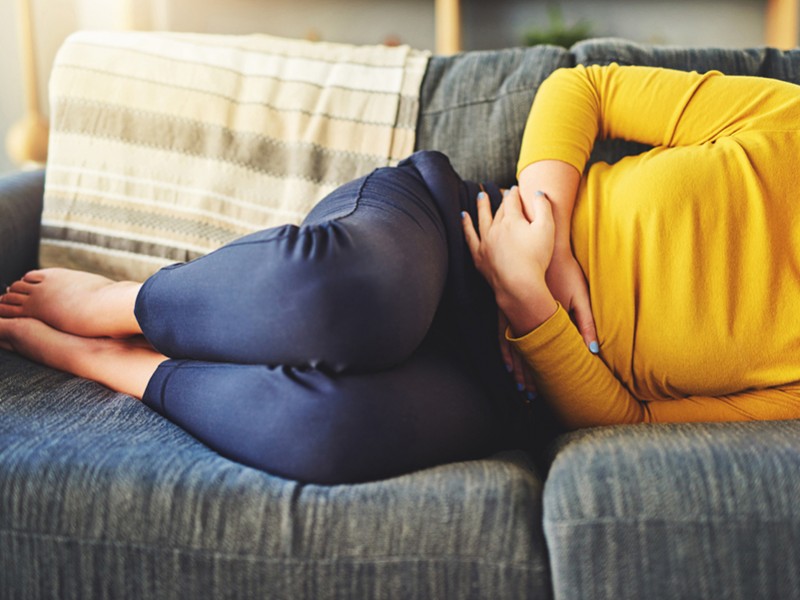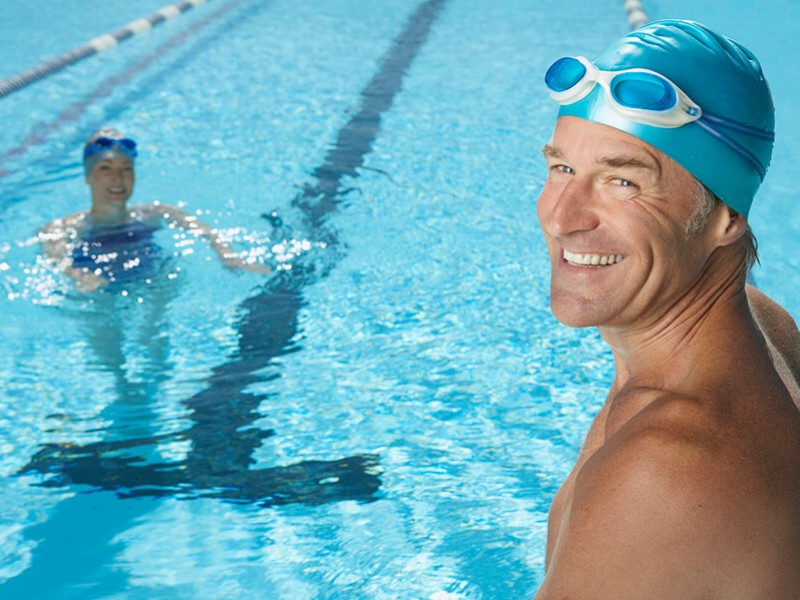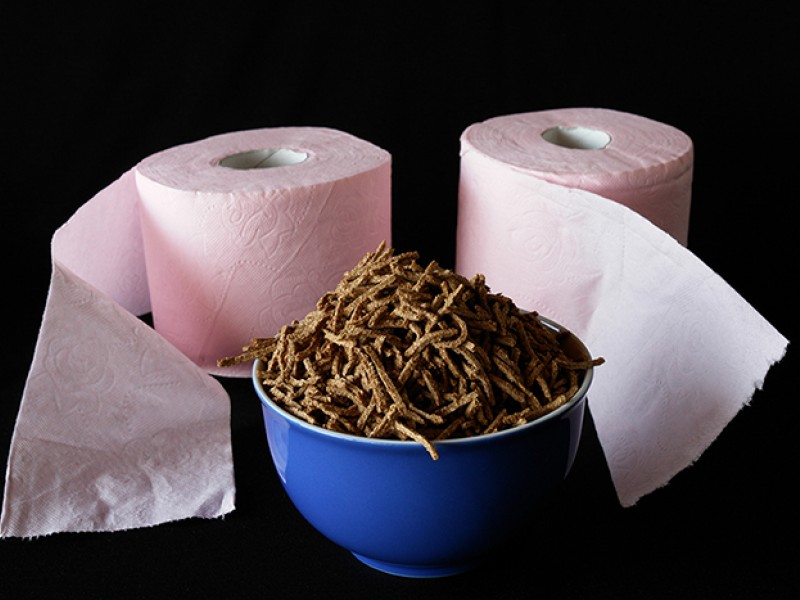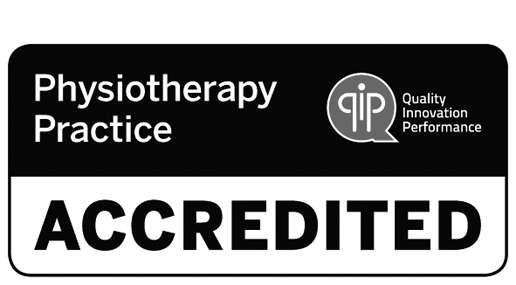COVID was an interesting time for many reasons. One unexpected outcome was the impact on bladder function and the increase in bladder problems - people needing to urinate more often, rushing to the toilet, having accidents on the way, and waking more often overnight to urinate. So many factors contributed to this, such as drinking too much caffeine (and alcohol!!), high stress & anxiety levels, and changes in bladder habits due to having easy access to the toilet.
Interestingly, when people returned to working on site – they reported an increase in bothersome bladder symptoms because they were no longer as close to the toilet – and had developed bad habits.
During COVID we shared our top tips for keeping your bladder happy and healthy at home. We have reviewed and updated them as they remain relevant and are applicable to everyone – whether you spend more of your day at home or out of the house.



